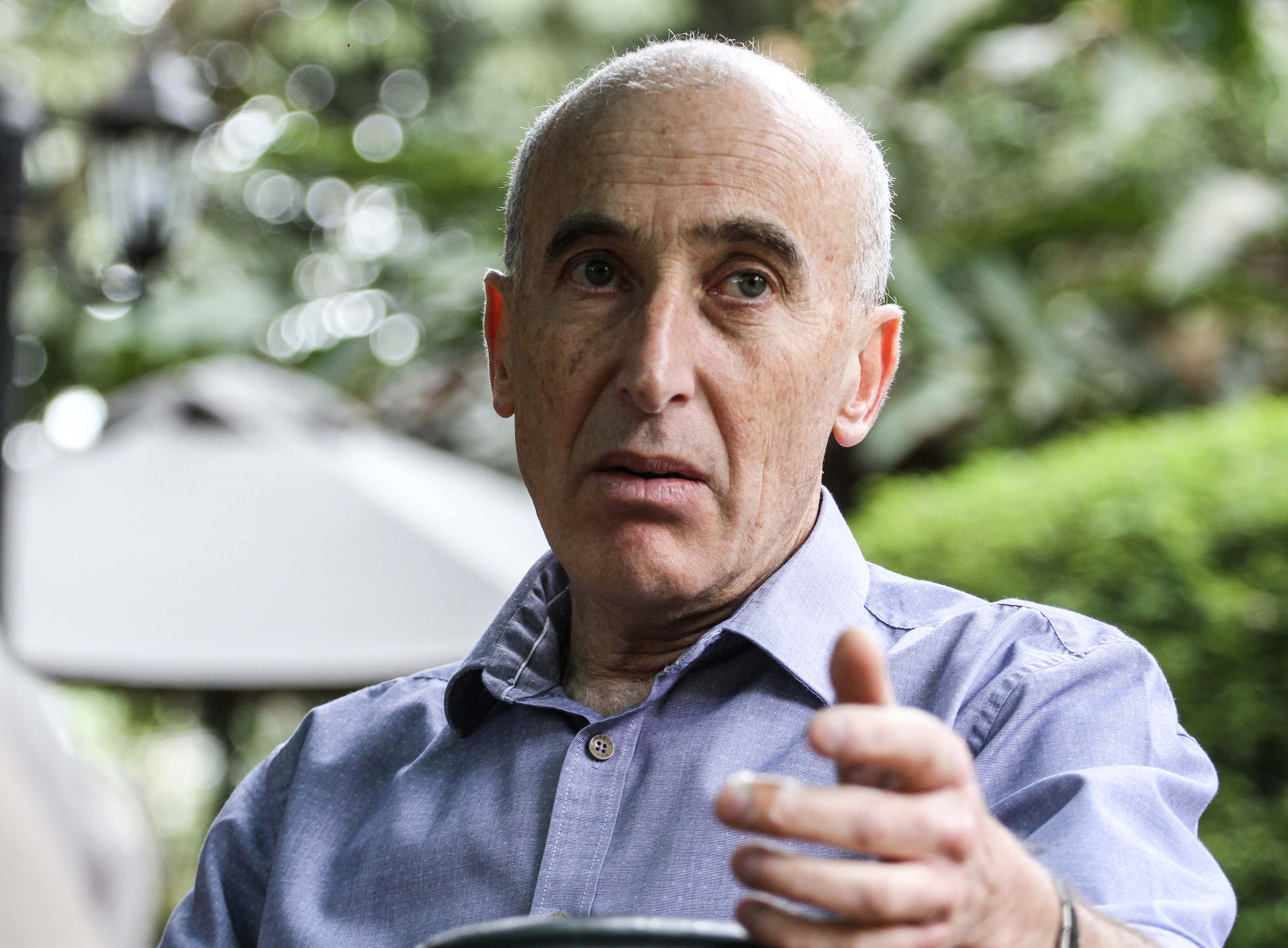
State halts kidney transplant services at Mediheal
The Ministry said services are halted “until further notice.”
Embassy reaffirms its commitment to global fight against this heinous crime
In Summary

Israeli embassy in Nairobi has affirmed its commitment to combating organ trafficking after media reports exposed such crimes in one of the hospitals in the country.
The accounts say that it was an Israeli firm that alerted the Ministry of Health of possible organ harvesting and trafficking at the renown hospital, blowing cover of the crime.
In a statement, Israeli Embassy says Tel Aviv “reaffirms its unequivocal commitment to the global fight against this heinous crime.”
As a signatory to the declaration of Istanbul on organ trafficking and transplant tourism, it said, “the country strongly deplores all forms of organ trafficking and other illegal practices that endangers the lives and dignity of other donors and recipients.”
The country says its law enforcement remains vigilant in combating organ trafficking in its jurisdiction and overseas in collaboration with development partners.
“The crimes are taken with utmost seriousness and appropriate legal measures are consistently pursued against those involved.”
It added that even in the ongoing probe by Kenyan authorities involving the said hospital, it remains available to cooperate and provide any assistance necessary.
An international medical group raised fears that some of these cases might involve an organised group trying to bypass the country's medical rules.
To look into the matter, the ministry formed a special team of experts. This included doctors, transplant specialists, ethicists, government officials and medical regulators.
The team carried out an investigation between December 5 and 8, 2023.
Their focus was to check whether the claims were true, inspect how transplant services were being run at a hospital in Eldoret, and recommend next steps.
The hospital under review had official permission to perform kidney transplants.
Over five years, it had done 372 transplants—mainly for patients from Kenya and East Africa, and a few from countries like Israel, the US and the UK.
The team found that while all kidney donations reviewed had consent forms, there were gaps. In some cases, it was not clear how the donor and recipient were related. Some medical tests were also done in India without ministry approval.
Health CS Aden Duale noted that the findings of the multidisciplinary team necessitate a comprehensive audit to uncover the truth.
“The allegation of organ trafficking must be investigated by the relevant authorities, as some of the recipients and donors are coming from more advanced health systems to a relatively new transplant programme, and the reasons given cannot be ascertained,” he said.
Instant analysis
The commitment by the embassy to aide in the investigation is crucial in helping uncover the network of organised transnational crimes. The revelations about organ trafficking could discourage donors who would be willing to help patients.

The Ministry said services are halted “until further notice.”